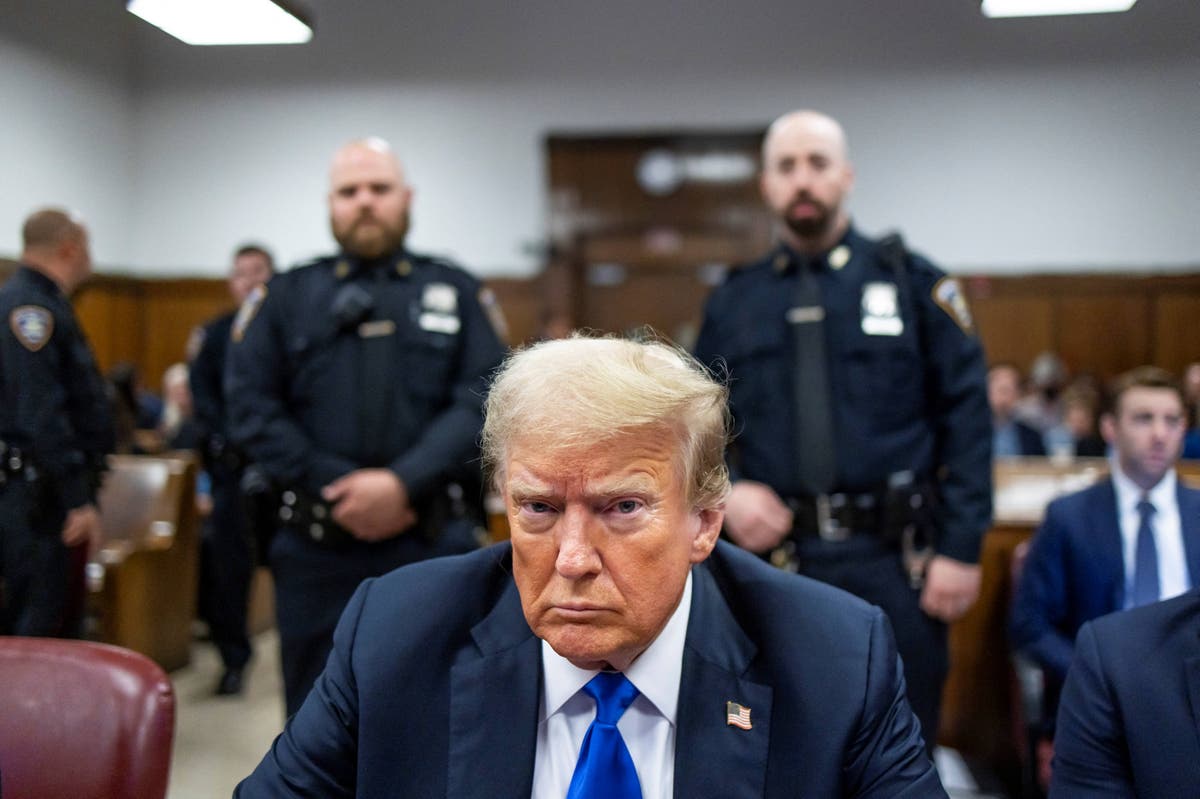Jimmy Carter, the 39th President of the United States, has died at the age of 99. His passing marks the end of a life that transitioned from a tumultuous single term in the White House to a prominent role as a global humanitarian and advocate for democracy. Carter's death occurred on Sunday at his home in Plains, Georgia, following a period of hospice care.
Carter's presidency, which began in the aftermath of Watergate and the Vietnam War, was marked by both significant achievements and electoral defeat. He entered office as a relative unknown, relying on a promise of integrity to the American public. However, his term was plagued by economic challenges and the Iran hostage crisis, ultimately leading to his loss to Ronald Reagan in 1980.
Despite this setback, Carter redefined his post-presidency, establishing the Carter Center in 1982 as a vehicle for promoting peace, democracy, and public health globally. This transition solidified his reputation as a tireless diplomat and champion of human rights, earning him the Nobel Peace Prize in 2002. His efforts extended to easing tensions in international conflicts and advocating for free and fair elections across the globe.
Beyond his diplomatic work, Carter remained deeply committed to humanitarian causes. He dedicated his time to projects such as eradicating the guinea worm parasite and building homes with Habitat for Humanity. His post-presidential work was fueled by a strong personal conviction and desire to make a meaningful difference in the world.
Throughout his life, Carter remained a figure who challenged political norms, often acting independently of Washington’s establishment. He was known for his direct approach and willingness to engage in areas where others hesitated. This independence enabled him to effectively pursue his objectives, even if it meant criticizing his successors.
Although his presidency has been subject to varying interpretations, Carter's record includes significant achievements, such as deregulation, conservation efforts, and landmark human rights initiatives. His commitment to public service continued until his final days, leaving a lasting impact on both the United States and the world. Carter’s legacy will likely be remembered not only for his time in office but for his transformative post-presidency.







